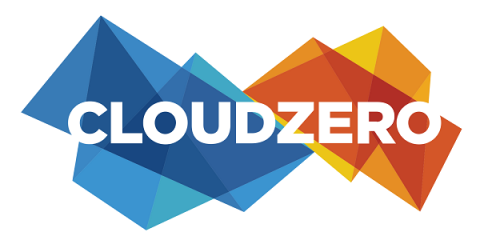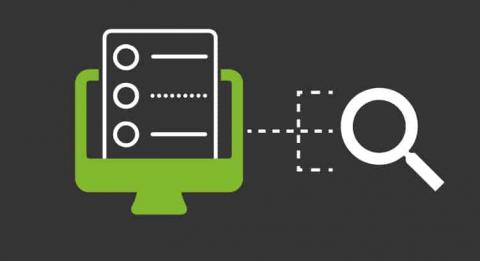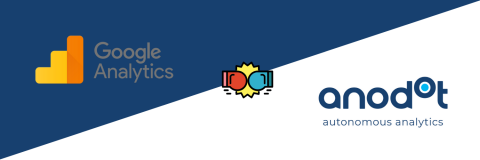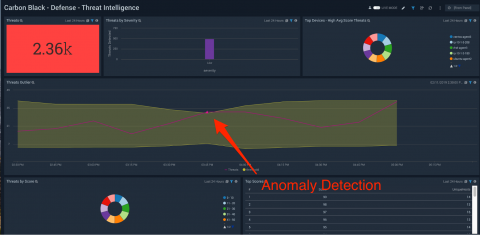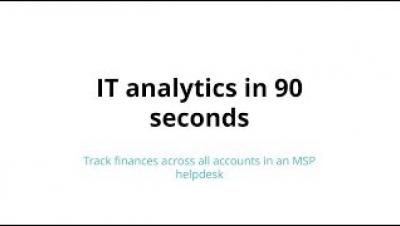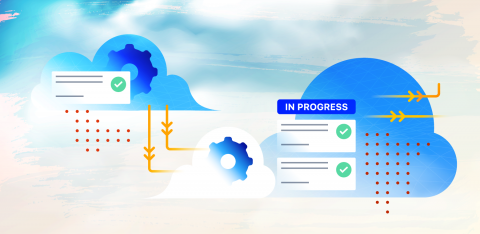AWS Costs: Surprise, Surprise? It Shouldn't Be!
A recent article by The Information: As AWS Use Soars, Companies Surprised by Cloud Bills was very interesting and worth a read. The authors examined the AWS spending patterns of five large companies to demonstrate that all were way over budget as it related to AWS spend. They reference Pinterest “spending roughly $190 million on AWS last year, $20 million more than it had initially expected... and Adobe’s bill rose 64%, while Capital One’s jumped 73%; Pinterest’s rose 41%...


